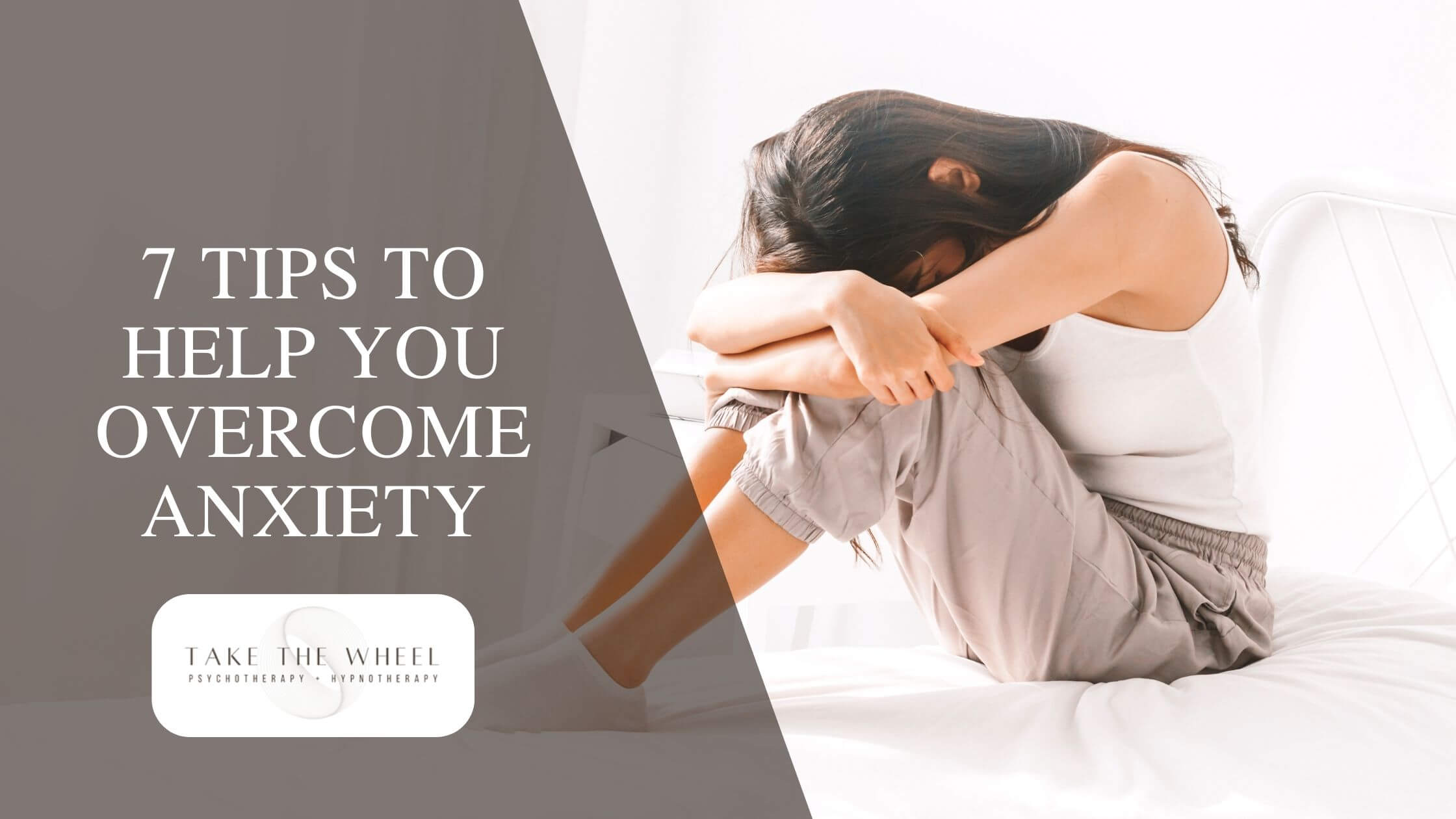The feeling of being anxious is unrelenting and constant. We can’t turn it off, let alone understand what it is trying to tell us. Anxiety can be an overwhelming feeling that makes you feel like it’s taking over your whole life. Don’t forget, you are not the only one going through this. In fact, approximately 40% of people will experience anxiety at some point in their lives. It might not be something that bothers you when you are going through it, but once it disappears and doesn’t come back, it becomes a problem. Not everyone reacts to stress the same way or experiences anxiety in the same way. However, everyone does experience anxiety at one point or another. If you feel like your everyday life is filled with so many uncertainties that leave you constantly feeling on edge, chances are good that you suffer from generalized anxiety disorder (GAD).
Learn the Signs of Anxiety
Not everyone recognizes the signs of anxiety. If you are feeling anxious, then it’s not just your nerves giving you a bad day. It’s a sign that your body and mind are wired differently. Below are seven tips to help you overcome anxiety.
- Recognize how you feel
- Be mindful of your thoughts
- Turn off the noise
- Exercise regularly
- Get enough sleep
- Explore relaxation techniques
- Seek professional help
Talk to Someone You Trust
Do you have someone you trust implicitly? Do you have someone who you can unload your thoughts and anxieties without feeling judged or embarrassed?
Anxiety is the body’s alarm system – you need to pay attention – however, it is very apparent when you feel insecure. Your trusted confidant will be able to help you understand what your mind and body are telling you. In addition, people close to you can offer support and potentially lessen the intensity of the anxiety. Talking with a doctor is also an option if talking to someone close isn’t feasible or possible right now. If this feels like it could be a problem for you, then make sure that you find someone, whether it’s a doctor or someone else, who can help.
Exercise Helps to Decrease Anxiety
Exercise is a great way to find relief from anxiety. It can also help you overcome stress and change your perception of yourself. Though it may be challenging to find the time in your day, exercise is a great way to reduce the effects of anxiety. Research has shown that regular exercise can make a big difference in how much chronic stress you feel and how it affects your body, mind, emotions, and behaviour. The benefits are numerous; it can boost self-confidence, help you sleep better, reduce depression and anxiety symptoms, improve moods, and focus on tasks. For some people, exercising provides a sense of accomplishment which decreases feelings of fear and worry about the future.
Try a Breathing Exercise
Breathing is something we forget – it has a powerful hypnotic effect on our mind and body. Focus on breathing in and out slowly, with your eyes closed. Breathing exercises are an effective tool in helping the body and mind relax. When you inhale, you fill your lungs from top to bottom with oxygen. Exhaling helps expel any carbon dioxide that might have been building up during the inhaling process. Stop and focus on your breathing. Deep breaths can help quiet your anxiety, as it allows your body and mind to focus on something other than what’s causing the anxiety. It also provides relief from physical symptoms of anxiety like rapid heart rate, muscle tension, dizziness, and more.
Eat a Healthy Diet
Taking care of your body is essential in the battle with anxiety. This means eating a well-balanced diet filled with fruits, vegetables, whole grains, and lean protein. The Mediterranean diet is also a great option because it incorporates these healthy foods while also providing nutrients that promote mood health and reduce inflammation in the body. By letting endorphins into the brain, regular exercise can also help with depression and anxiety. This helps regulate the levels of serotonin in the brain, which makes people feel happier. Anti-anxiety medications are not always effective at assisting with GAD, but exercise can be an effective treatment for General Anxiety Disorder (GAD). When you feel anxious or stressed, try deep breathing exercises by focusing on your breath. Concentrate on something small like your breath will help calm you down and make you think more clearly about what’s going on around you.
Find Ways to Relax
Anxiety can be problematic to get rid of because it is caused by both outside things and what’s going on inside your head. It’s essential to figure out what’s making you anxious so you can find ways to calm down. One way is to use cognitive behavioural therapy (CBT). CBT involves finding patterns in your thoughts, behaviour, and mood and then changing those patterns. You might find that you have specific rituals or behaviours that put you into an anxious state before going to work. By figuring out these patterns and changing them, you will find it easier to relax throughout the day. There are also many natural ways that can help ease anxiety. Some of these include yoga, meditation, deep breathing, walking outdoors, listening to music, or reading a book. These activities can help you relax and decrease the feelings of stress in your life.
There are various ways to help you overcome anxiety and be able to control the situation – you are not on your own. You can reach out to Melissa Bradshaw to get help and regain control over your anxiety.




0 Comments